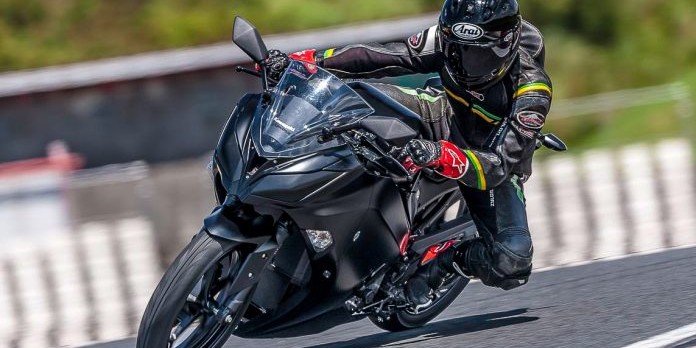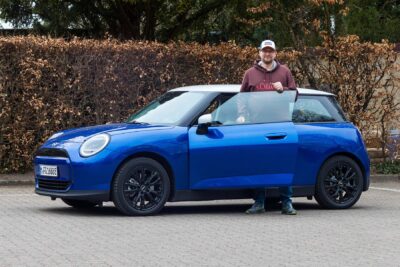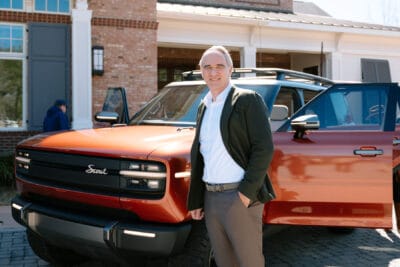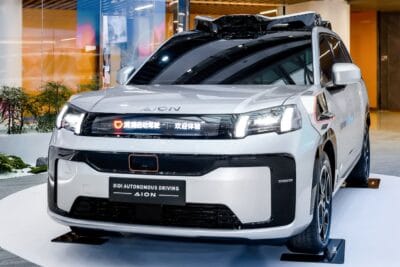Kawasaki to electrify main markets by 2035
Kawasaki plans to electrify all its motorbikes for the markets in Japan, Europe, the USA, Canada and Australia by 2035. The Japanese manufacturer includes both pure battery-electric and hybrid motorbikes.
Kawasaki wants to introduce at least ten such models by 2025. The manufacturer is also aiming for electrification in off-road quads: Five models with BEV or HEV drive are to be introduced by 2025. At the same time, Kawasaki announced its intention to develop motorbikes with fuel cell drive but has not yet revealed further details.
Kawasaki is best known for its large motorbikes. The sound of the combustion engine is part of the brand identity – which, it must be said, has not stopped Harley Davidson from moving with the times. At any rate, the Japanese motorbike maker now sees the inevitability and advantages along the decarbonisation path and is entering new territory; to date, Kawasaki has not yet had an electric vehicle in its entire portfolio. In 2019, the development of an electric motorbike called the EV Endeavor was officially confirmed for the first time, and the circle of interested parties was fed in 2020 with a few sparse key points and videos.
Kawasaki did not name the EV Endeavor in its publication on future corporate strategy, but the manufacturer has outlined the general electrification route. The introduction of ten BEV and HEV models by 2025 is to be managed by an outsourced business unit. To this end, Kawasaki Heavy Industries reports that it has spun off a subsidiary called Kawasaki Motors. The parent company will continue to focus on the energy business, including hydrogen, while motorbikes and off-road quads will now become part of a smaller unit with greater management flexibility.
The Japanese business daily Nikkei quotes Hiroshi Ito, president of Kawasaki Motors, as saying that partnerships with other companies are conceivable for the new subsidiary in the future: “Our company is open.” He said the division aims to increase its sales by a factor of 2.4 to 1 trillion yen (about 7.6 billion euros) by 2030 and raise its operating profit margin from 6.1 to more than 8 per cent compared to the current fiscal year. Kawasaki’s motorbike sales amounted to 380,000 vehicles in 2020.
The motorbike industry is still fundamentally struggling with the shift to electrified powertrains. Honda says it wants to decarbonise its business by 2050, but has hardly published any product plans so far. All that is known is that Honda plans to launch an electric model for private use in 2024.
Yamaha Motor has made public its intention to initially run 20 per cent of its motorbikes on electricity by 2035 and 90 per cent by 2050. After all, four Japanese motorbike manufacturers; namely Honda, Kawasaki, Suzuki and Yamaha, agreed in April 2019 to cooperate on the standardisation of interchangeable batteries for electric motorcycles. The quartet calls itself the Swappable Battery Consortium for Electric Motorcycles.
The initiative is not to be confused with a second consortium consisting of Honda, Yamaha, KTM and Piaggio, whose foundation was announced at the beginning of March and which is dedicated to a similar topic – namely swappable batteries of light electric vehicles. Besides the fact that the quartet also includes non-Japanese companies, the latter consortium is about interchangeable battery systems for use in all light category electric vehicles – not just electric motorbikes.
asia.nikkei.com, asahi.com, global.kawasaki.com (PDF, starts on p. 16)





0 Comments